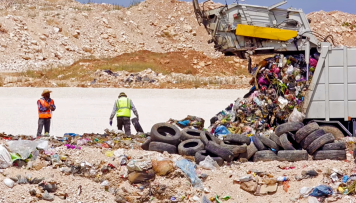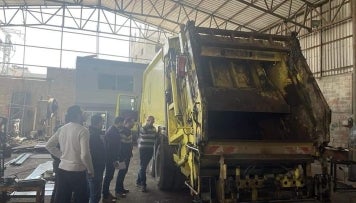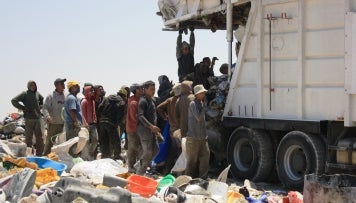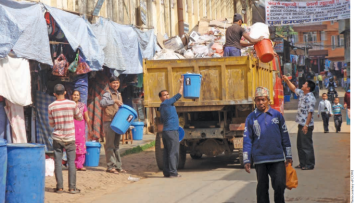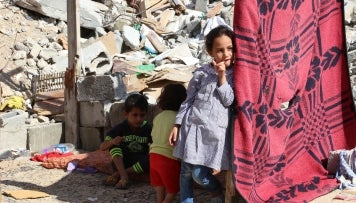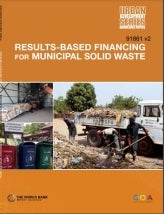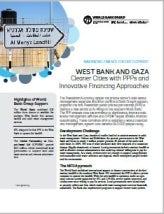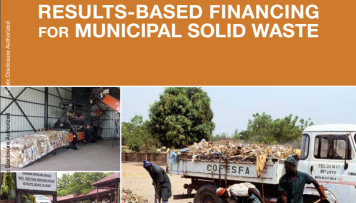
A new report on municipal solid waste management , sponsored by the Global Partnership on Output-Based Aid, takes a look at results-based financing (RBF) in eight different municipal solid waste (MSW) projects, capturing new and important lessons for financing projects in this sector.
“Sustainable financing is a major obstacle for municipalities seeking to improve solid waste management,” said Carmen Nonay, GPOBA’s Manager. “Municipalities are caught in a vicious cycle; they are unable to generate the necessary fee collection rate until they improve service and, conversely, people are unwilling to pay for poor service. Policymakers need innovative financing mechanisms to increase cost recovery levels, and improve service delivery and outcomes in this basic and critical sector.”
Despite significant investment in MSW projects, there is an existing US$40 billion global shortfall in the sector. GPOBA has been exploring the use of RBF as way to stimulate innovation and results in this area.
“This report expands the lessons and analysis of RBF in the solid waste management sector, draws on GPOBA’s experience, and provides an opportunity for GPOBA to make significant contributions to the further exchange of knowledge in this area,” said Ms. Nonay.
The report, Results-based Financing for Municipal Solid Waste, delivers eight examples of RBF design, tailored to specific situations faced by different municipalities and grouped into three categories; low-income countries like Nepal, where service delivery is poor or non-existent and fee collection is challenging; middle income countries like China and Malaysia -- where waste collection is high – and governments want to promote recycling and source separation and; in both low and middle income countries, where governments are trying to strengthen waste collection in under-served and low income communities.
The report found the RBF can benefit MSW projects in all three areas, and can jump start solid waste services in areas where the private sector may be reluctant to enter, such as fragile and conflict-affected situations. The models of RBF can also be adapted in the context of other countries.
